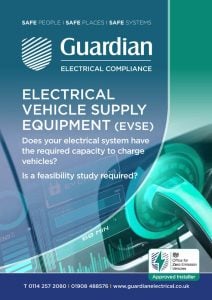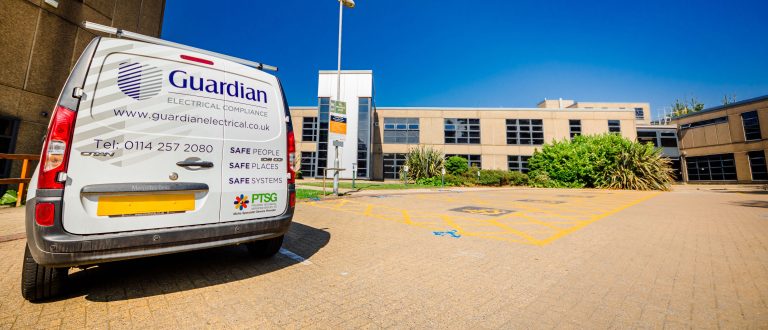Welcome to our comprehensive electric vehicle supply equipment service, where we specialise in providing custom feasibility and capacity studies tailored to your needs.
Our Services
Explore our EVSE Case Study
Welcome to our comprehensive case study on Electric Vehicle Supply Equipment (EVSE). In this detailed analysis, we explore the challenges, innovations, and impact of our EVSE project, showcasing how it will help reshape the future of sustainable transportation. Click here to dive into the case study and discover how our solutions are driving the evolution of EV charging networks.
Read our Greencore Testimonial
We’re thrilled to share an incredible testimonial written by John Hughes, a valued member of the Greencore Group. John’s testimonial encapsulates the essence of our dedication to excellence, innovation, and customer satisfaction. Click here to read John’s testimonial.



